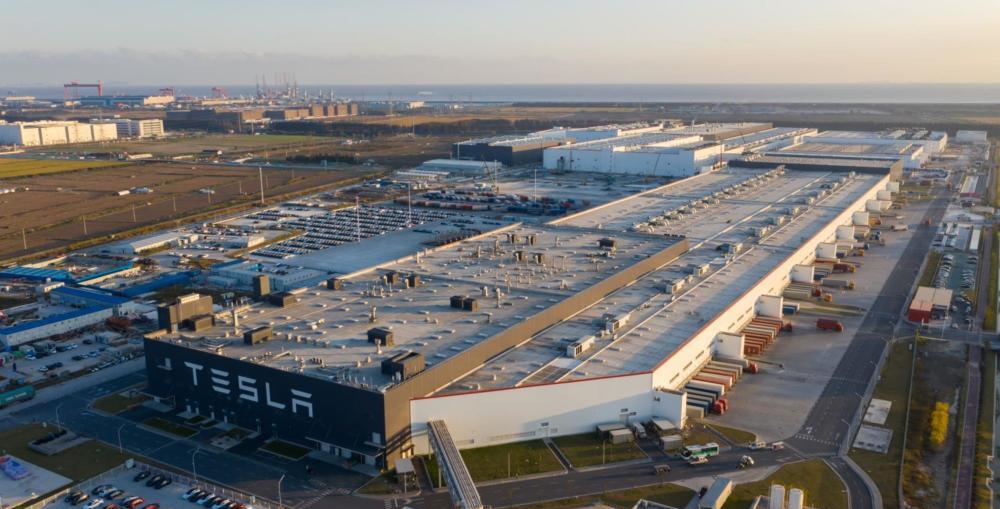Tesla's Berlin plant was finally approved after a series of twists and turns, and a groundbreaking ceremony was held on March 22, 2022. To this end, Musk also posted a message on the social platform, saying that he is "very happy to deliver the first cars produced by the Berlin Gigafactory." It is hard to hide the excitement in the words. It is reported that Musk has flown to Berlin and personally delivered the first 30 Model Ys produced by the Berlin factory to users at the groundbreaking ceremony.

As the fourth gigafactory after California, Texas and Shanghai, China, Tesla's Berlin plant began planning in the second half of 2019 and construction began in early 2020, while the new plant was expected to start production in June 2021. However, due to the impact of local environmental audits and other factors, the start of production of the factory has been repeatedly postponed, and the German side did not officially announce the approval of Tesla's Berlin factory until the beginning of this month.
It is reported that Tesla's Berlin factory plans to have an annual production capacity of 500,000 vehicles, with the most advanced manufacturing process of the current brand, of which the Tesla Model Y built by the factory will have an integrated die-cast body structure and be equipped with 4680 batteries. In addition, Tesla will also build a battery factory near the factory, which is expected to reach an annual production capacity of 50GWh.
With the commissioning of the Berlin factory, Tesla's delivery in Europe will also accelerate, which will undoubtedly increase the pressure on European auto giants such as Volkswagen and Renault, and from another point of view, the arrival of the Berlin factory may be good for domestic consumers.
Prior to this, the Model 3 and Model Y produced at Tesla's Shanghai factory were not only delivered to domestic users, but also undertook the heavy responsibility of supplying Europe and other regions. It is reported that the products manufactured by Tesla's Shanghai factory in the first half of the quarter are preferentially supplied to overseas regions, taking the first quarter of this year as an example, Tesla China's sales in January were 59,845 vehicles, of which 40,499 were exported; while the sales volume in February was 56,515 units, while the number of exports was 33,315.
At present, the production capacity of Tesla's Shanghai factory is very tight, and the author learned from Tesla's official website in China that the expected delivery time of Tesla Model Y takes at least 10 weeks; while the expected delivery time of Model 3 is more than 16 weeks. Therefore, if there is no supply task in Europe, this part of the production capacity is expected to be used for domestic consumer orders, which will undoubtedly greatly alleviate the delivery pressure.